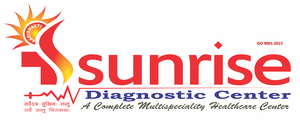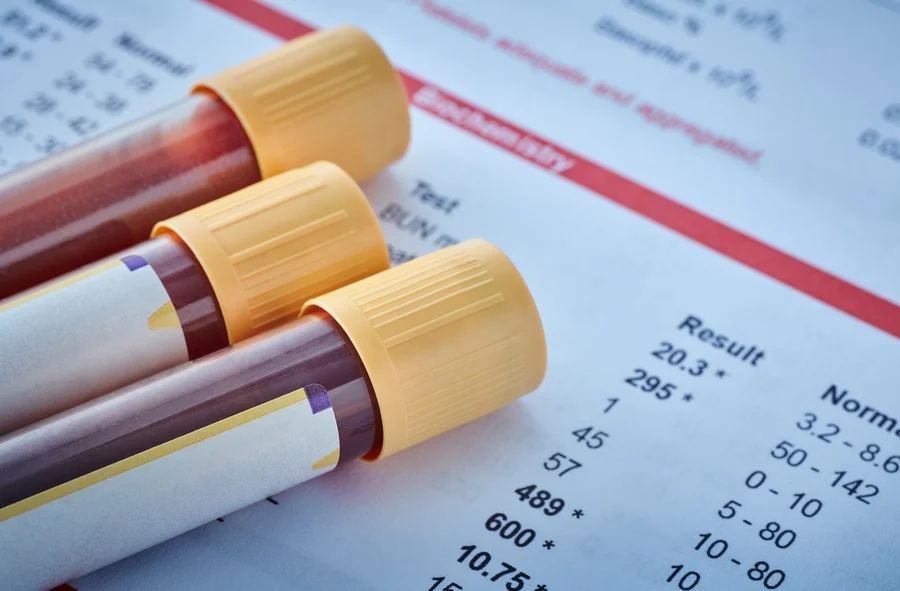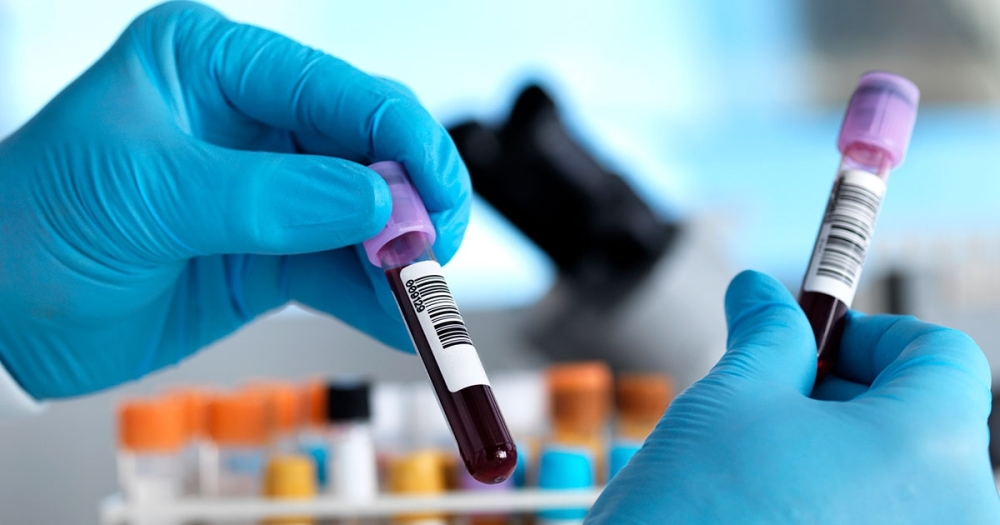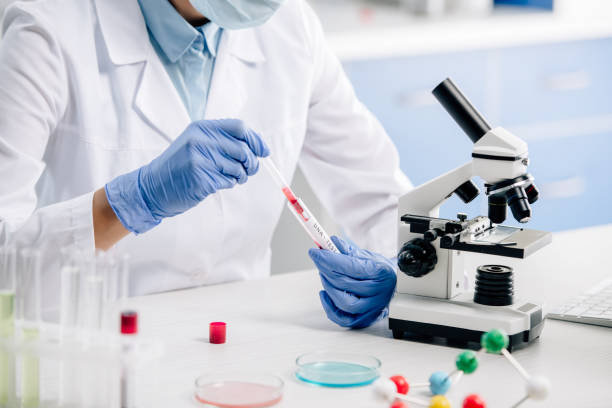As we age, regular health check-ups become crucial to detect potential medical conditions early and manage existing health concerns effectively. At Sunrise Diagnostic Center Pune, we offer a range of essential diagnostic tests specifically designed to monitor senior health. These tests help in early detection, ensuring timely treatment and better quality of life. In this blog, we will explore the most common diagnostic tests recommended for seniors and why they are important for maintaining optimal health.
Table of Contents
Why Are Regular Diagnostic Tests Important for Seniors?
As the body ages, its ability to recover from illnesses decreases, and the risk of chronic diseases like heart disease, diabetes, and arthritis increases. Regular health screenings through diagnostic tests allow healthcare providers to:
- Detect early signs of diseases
- Monitor existing conditions
- Adjust medications based on test results
- Provide preventive care
Early diagnosis can help seniors lead healthier, more active lives. At Sunrise Diagnostic Center Pune, we are dedicated to offering comprehensive health screening services tailored to the unique needs of elderly patients.
Essential Health Screenings for Seniors
1. Complete Blood Count (CBC)
A Complete Blood Count (CBC) test is one of the most common diagnostic tests used to evaluate overall health and detect a variety of disorders, such as anemia, infection, and leukemia. The CBC measures several components of your blood, including red blood cells, white blood cells, hemoglobin, hematocrit, and platelets.
Why It’s Important:
- Detects anemia, a common condition in seniors
- Monitors infection or inflammation in the body
- Helps in diagnosing blood-related disorders
2. Lipid Profile
A Lipid Profile Test measures the levels of cholesterol and triglycerides in the blood, both of which are crucial indicators of cardiovascular health. Seniors are at an increased risk of heart disease, making this test vital for monitoring heart health.
Why It’s Important:
- Helps detect high cholesterol levels
- Assesses the risk of heart disease and stroke
- Allows doctors to recommend lifestyle changes or medications
3. Blood Sugar Test (Fasting Glucose Test)
The Blood Sugar Test or fasting glucose test is essential for detecting diabetes or prediabetes. Since diabetes is a prevalent condition among the elderly, regular monitoring of blood sugar levels is crucial for prevention and management.
Why It’s Important:
- Diagnoses diabetes or prediabetes
- Helps monitor blood sugar levels in diabetic patients
- Guides treatment options to control blood sugar levels
4. Bone Density Test (DEXA Scan)
A Bone Density Test (DEXA scan) is used to measure bone strength and the risk of fractures. Seniors, especially postmenopausal women, are at a higher risk of osteoporosis, which can lead to brittle bones and fractures.
Why It’s Important:
- Detects osteoporosis in its early stages
- Helps prevent fractures and other complications
- Guides doctors in prescribing calcium and vitamin D supplements
5. Kidney Function Test
Kidney function can deteriorate with age, especially if you have conditions like high blood pressure or diabetes. A Kidney Function Test measures the levels of creatinine and urea in the blood to assess how well the kidneys are filtering waste.
Why It’s Important:
- Early detection of kidney disease
- Helps monitor the progression of kidney problems
- Allows for treatment adjustments to protect kidney function
6. Liver Function Test
The Liver Function Test measures the levels of liver enzymes and proteins in the blood. Liver health is vital for seniors, as medications and age-related conditions can affect liver function.
Why It’s Important:
- Detects liver disease or damage
- Monitors the effects of medications on the liver
- Guides lifestyle and dietary changes to support liver health
7. Electrocardiogram (ECG)
An Electrocardiogram (ECG) records the electrical activity of the heart and is used to detect heart problems, such as irregular heartbeats (arrhythmias), heart attacks, and other cardiovascular conditions.
Why It’s Important:
- Detects abnormalities in heart function
- Helps assess the risk of heart disease or stroke
- Provides crucial data for cardiologists to prescribe treatment
How Sunrise Diagnostic Center Pune Ensures Senior Health
At Sunrise Diagnostic Center Pune, we prioritize the health and well-being of seniors by offering a wide range of diagnostic tests under one roof. Our experienced medical professionals are dedicated to providing accurate results with the help of state-of-the-art technology. Here’s why seniors trust us:
- Comprehensive Testing: We provide a variety of essential tests, including blood work, imaging, and specialized screenings.
- Senior-Friendly Services: Our staff is trained to handle elderly patients with care, ensuring comfort during tests.
- Timely Results: Quick turnaround times ensure you get your results promptly, allowing for timely medical interventions.
- Consultation Services: We offer consultation services with experienced doctors to help interpret test results and plan your next steps.
Conclusion: Prioritize Your Health with Regular Screenings
Regular diagnostic tests are crucial for maintaining good health in seniors. By monitoring vital markers and catching issues early, these tests allow for timely treatments that can significantly improve quality of life. At Sunrise Diagnostic Center Pune, we are committed to providing high-quality, accurate diagnostic services tailored to the needs of senior citizens.
Phone: 9028801188, 9028566644, 9028566611
Address: Ground Floor, Shop No. 2, Business Hub Building Opp. Mirch Masala Hotel, Near Vandevi Mandir Karve Road, Karve Nagar, Kothrud, Pune, Maharashtra 411038
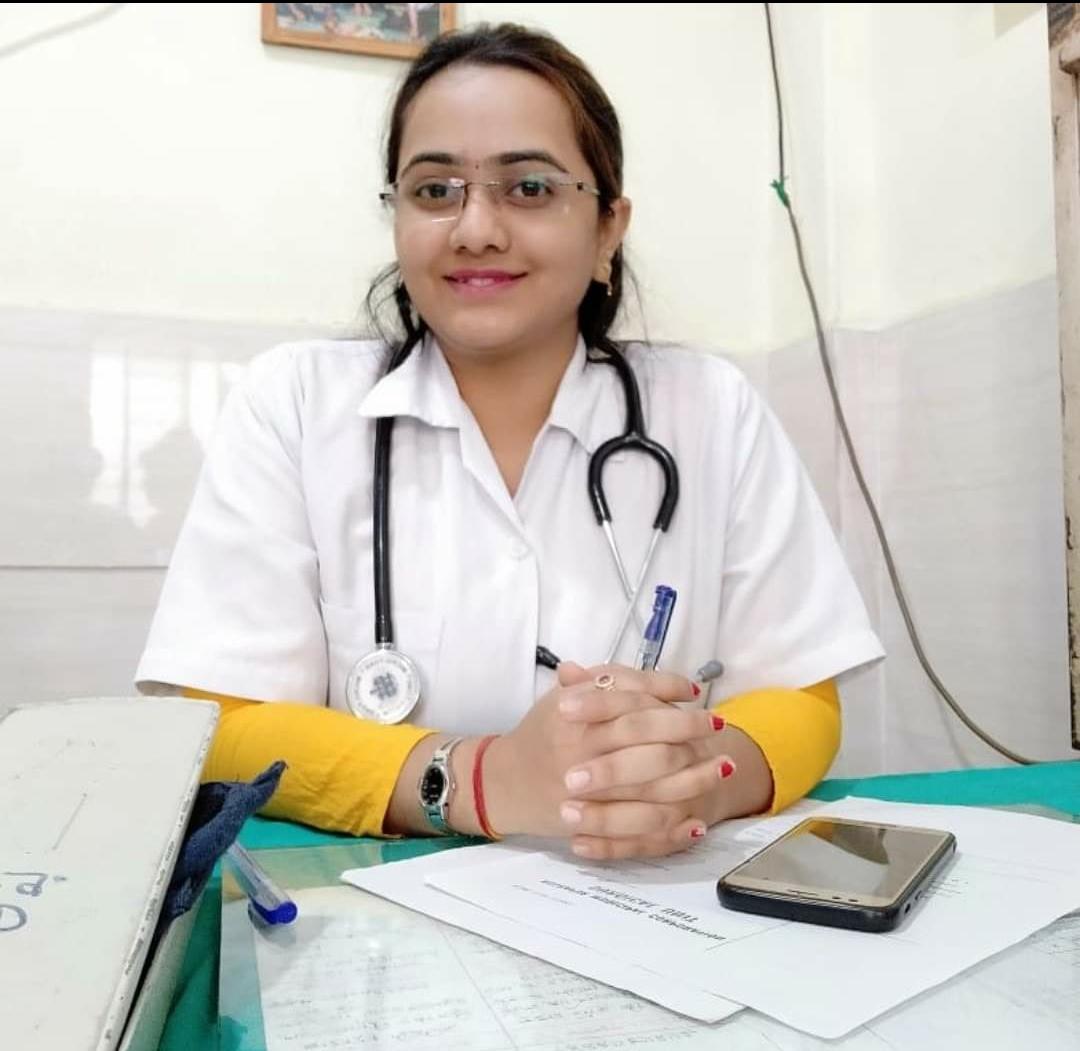
Dr. Karishma Shinde, B.H.M.S (MUHS Nashik) PGD, EMS (RHC Pune and the Director of Sunrise diagnostics Centre along with her team works with a vision of rendering care for the happiness of humankind and freedom from illness.
